Poisonous plants ☠️
Learn which plants are poisonous to parrots and parakeets. Prevent health risks by knowing which plants are best kept away from your bird.
If you have parrots or other birds, it's important to know which plants are poisonous. Many popular houseplants and garden plants contain substances that are harmful or even life-threatening to your feathered friends.
This overview will help you make your home safe and prevent accidents. 🪴
Dumb stick (Dieffenbachia)
Why poisonous: Contains sharp crystals that cause swelling and pain in the mouth and throat, making eating and breathing difficult.
Philodendron (Philodendron species)
Why poisonous: Similar to dieffenbachia; causes irritation due to calcium oxalate crystals.
Goldenvine (Epipremnum aureum, also known as Scindapsus)
Why toxic: Contains oxalate crystals which cause a burning sensation and irritate mucous membranes.
Oleander (Nerium oleander)
Why toxic: Contains cardiac glycosides which can cause heart rhythm disturbances and are life-threatening.
Rhododendron / Azalea (Rhododendron)
Why poisonous: Contains grayanotoxins which affect the nervous system and can cause paralysis.
Monstera (Monstera deliciosa)
Why toxic: Contains oxalic acid, which causes irritation to the mouth and throat.
Cyclamen (Cyclamen persicum)
Why poisonous: The roots in particular are poisonous and can cause serious stomach and intestinal complaints.
Palm fern / Sago palm (Cycas revoluta)
Why poisonous: Contains the powerful poison cycasine, which can cause liver failure and death.
Kalanchoe (Kalanchoë blossfeldiana)
Why poisonous: Contains substances that can affect the heart and cause vomiting and diarrhea.
Ivy (English Ivy, Hedera helix)
Why poisonous: Contains saponins which can cause digestive and breathing problems.
Zamioculcas (ZZ plant)
Why toxic: Contains calcium oxalate crystals which cause irritation.
Wonder tree / Wonder tree (Ricinus communis)
Why Toxic: Contains ricin, one of nature's deadliest toxins.
Christmas Star (Poinsettia)
Why toxic: Mildly toxic, may cause mild irritation to mouth and stomach.
⸻
Important warning! ⚠️
Even small amounts of these plants can cause serious symptoms in parrots, such as salivation, vomiting, respiratory problems, and paralysis. Never leave these plants within reach of your birds.
⸻
Safer alternative for indoors with birds
• Grass lily (Chlorophytum comosum)
• Areca palm
• Golden Oriole (Dypsis lutescens)
• Felt plant (Soleirolia soleirolii)
Please note : even with safe plants it is better to limit gnawing.
⸻
Parrots naturally nibble on anything they encounter. Plants that seem harmless to humans can be deadly to birds.
🆘 Symptoms of poisoning in birds
Do you recognize any of these signs? Contact an avian veterinarian immediately:
• Salivation or foaming in the mouth
• Tremors or weakness
• Diarrhea or vomiting
• Shortness of breath
• Sudden collapse or fainting
⸻
This list will help you protect your parrots and other birds from poisonous plants in your home and garden.
⸻
Have any further questions? Don't hesitate to contact us!
-
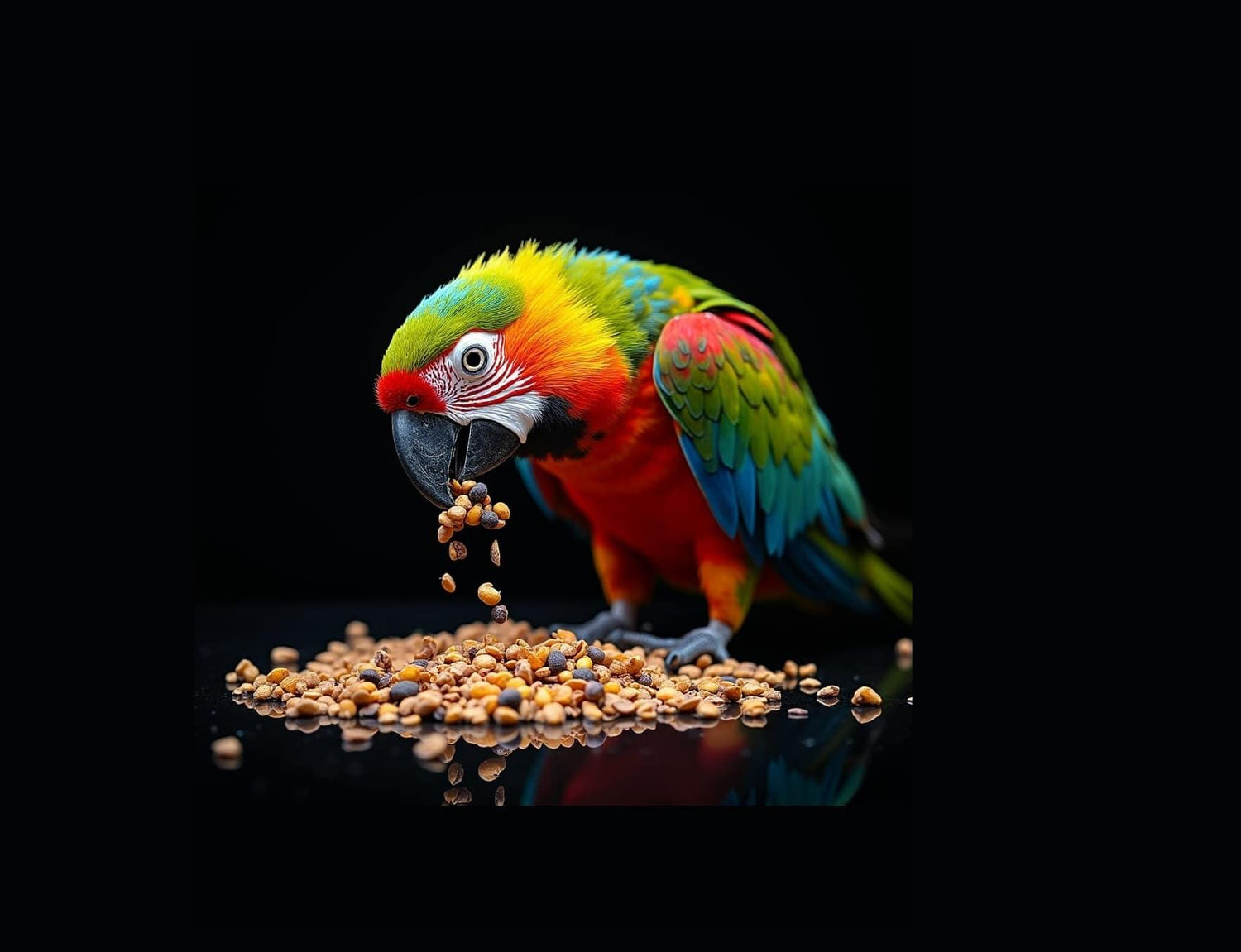
Food & Treats
At Parrotshop we understand how important the right food is for the...
-
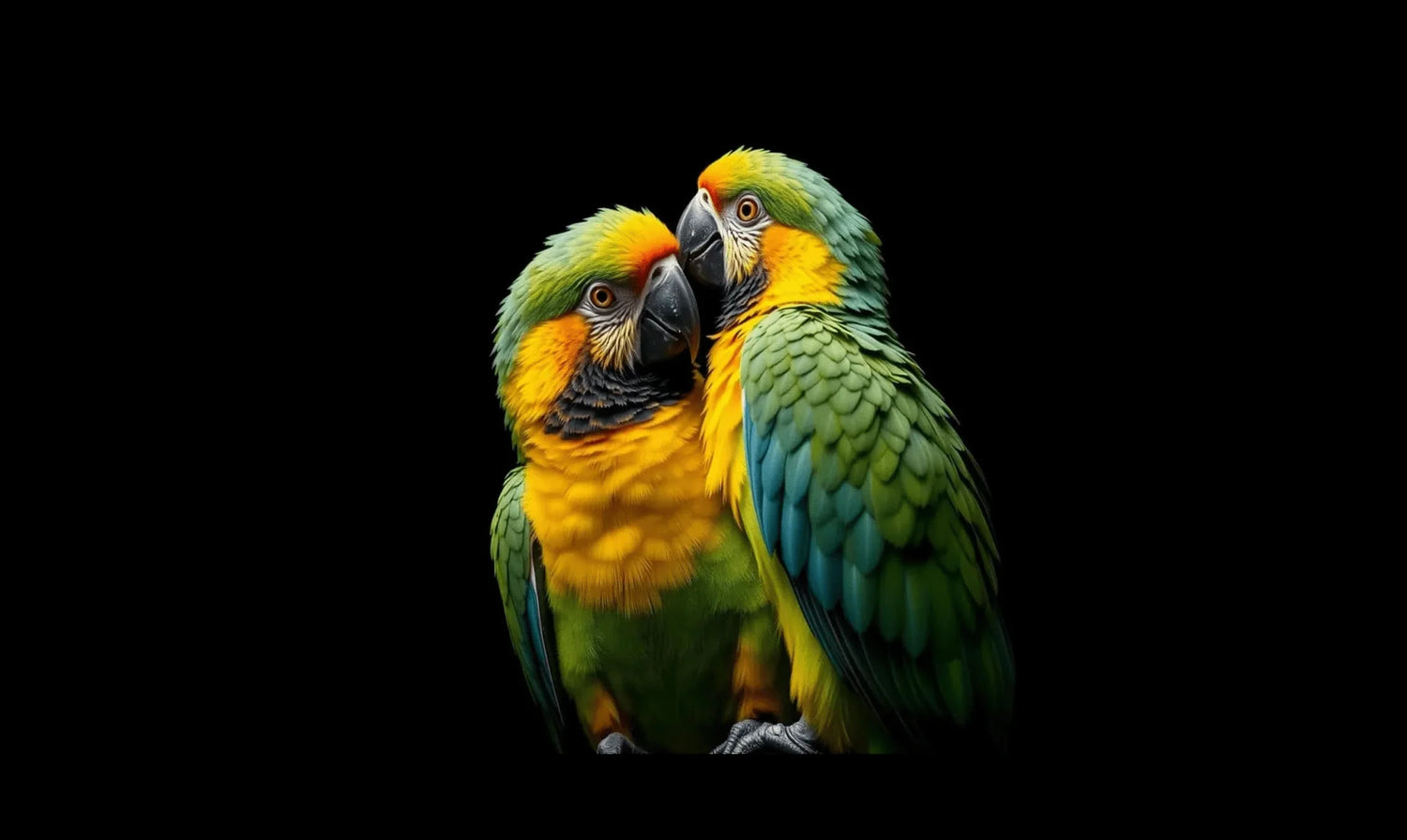
Health & Care
Here you will find our assortment!A healthy bird is a happy bird...
-
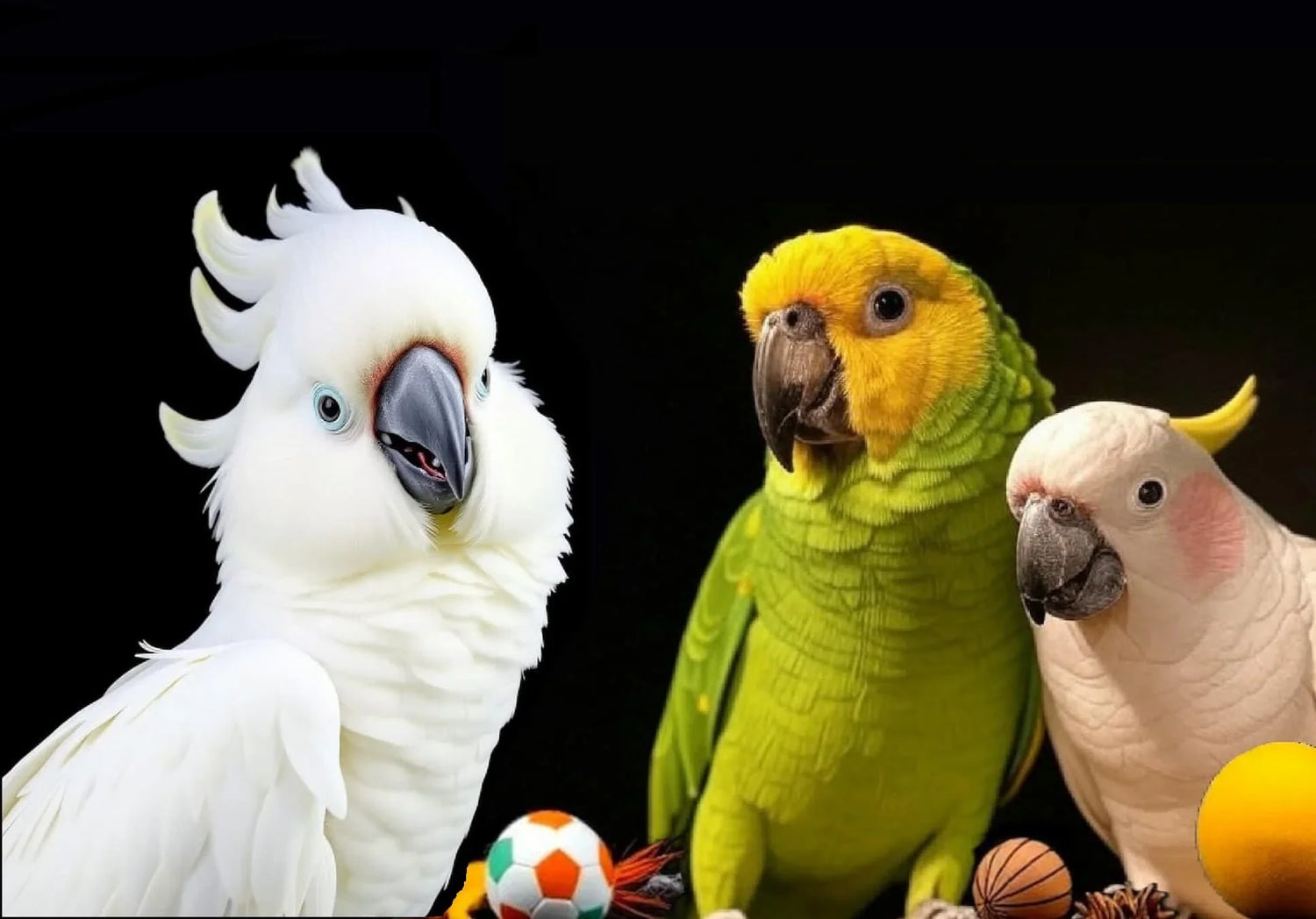
Play & activity
Promote mental and physical stimulation and relieve anxiety by providing entertainment. In...
-
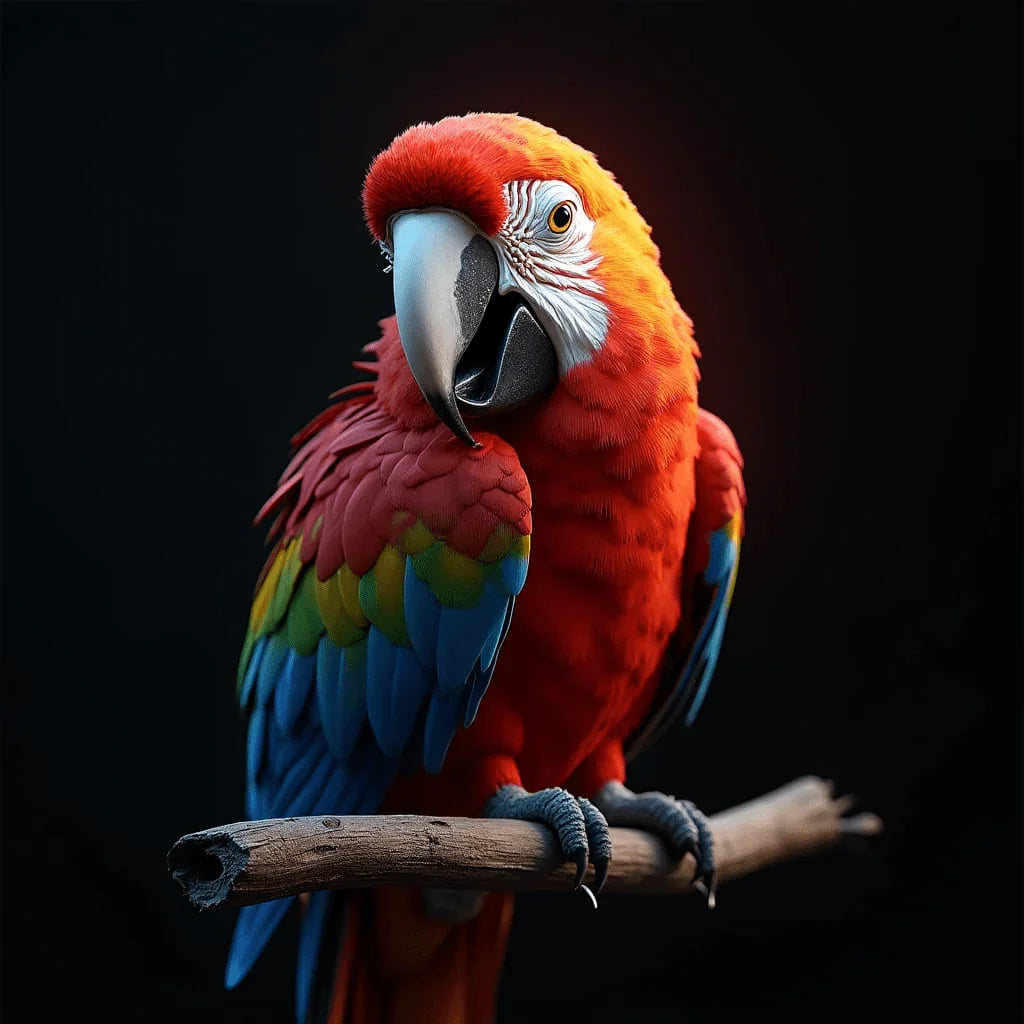
Perches & co
Perches should of course not be missing in a bird cage. Parrot...
-
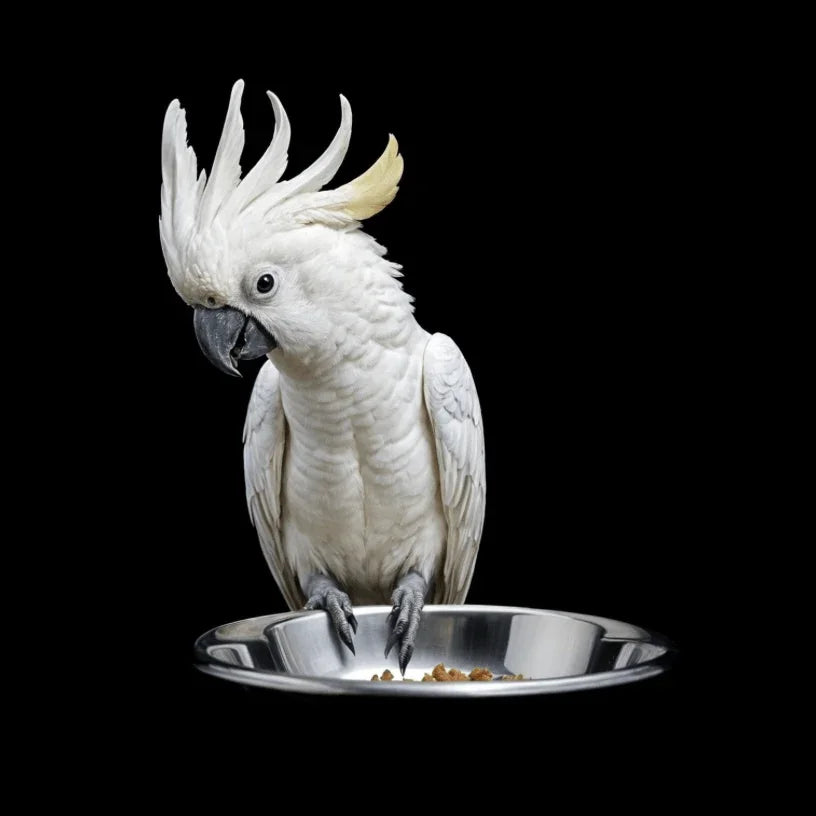
Accessories & Supplies
In the Accessories & Supplies category, you'll find everything you need to...
-
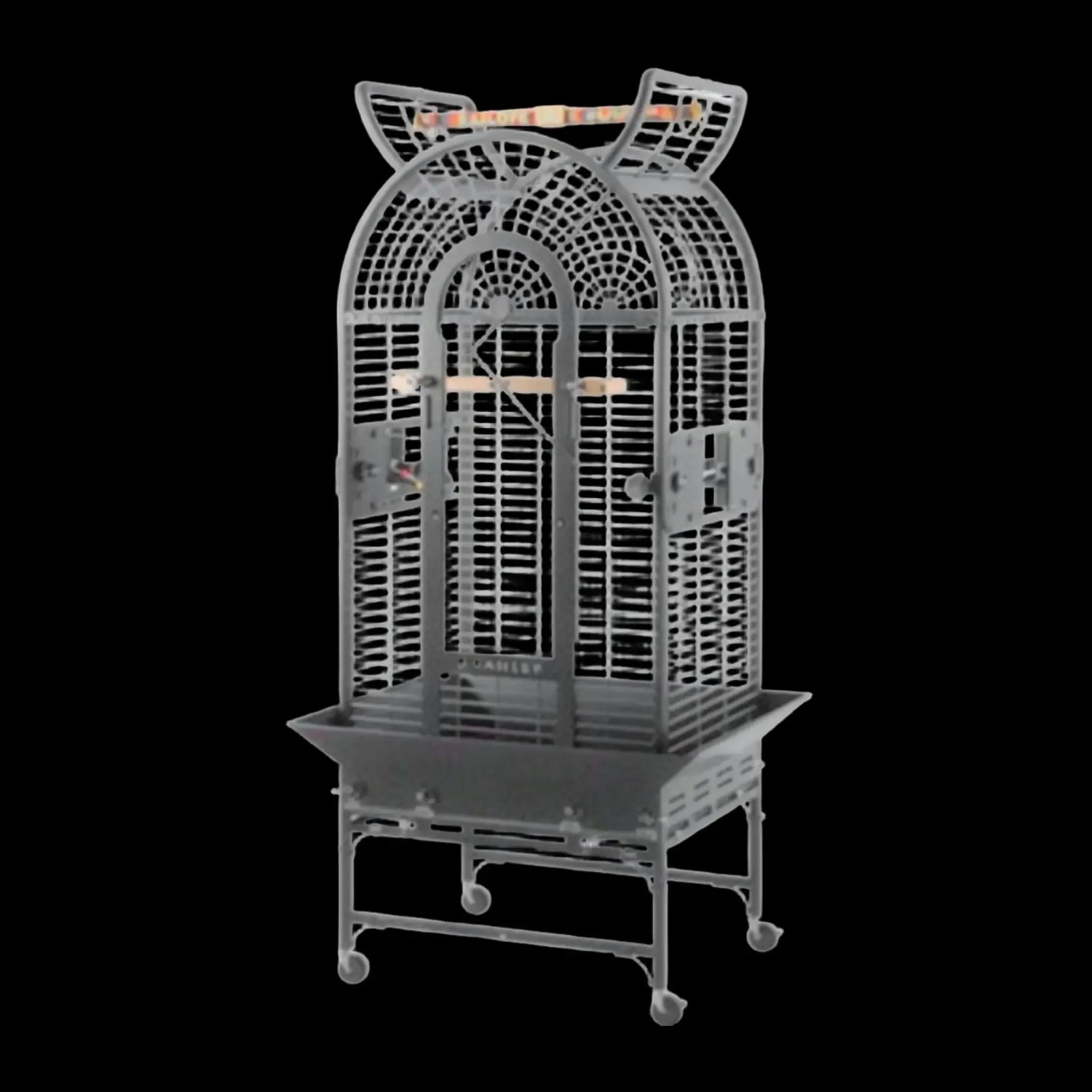
Cages & Playgrounds
Original Strong parrot cages have a rock-hard and non-toxic coating to prevent...









